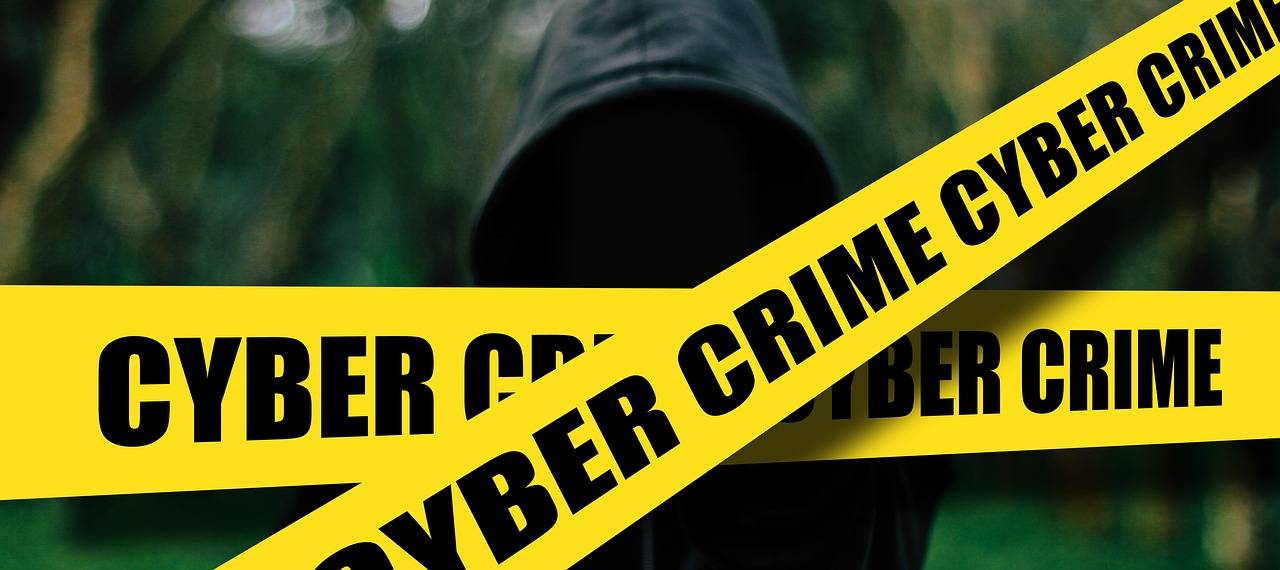Table of Contents
Reporting a Cyber crime in India
Introduction
In the last two decades; the use of the internet and information technology has grown dramatically. This has inadvertently resulted in exponential growth in cyber crimes. The debate continues as to whether the rapid technological advancement is a boon or a bane. According to the 2019 Norton Life lock Cyber Safety insights Report, a survey discover. That nearly 70% of Indians are worry that their identities will be stolen. However out of that 63% of Indians do not know what they will do if their identity is stolen. It is also revealed that 4 out of 10 consumers have experienced identity theft. Rs 1.24 trillion is the amount lost in India in the past 12 months due to cyber crime. It is also to be noted that this amount accounts only for the number of cases that were officially reported.
There needs to be an increase in the awareness as to the redressal mechanism. If an individual falls victim to cyber crime.
Kinds of Cyber crimes
- Identity Theft: When an individual’s personal information is stolen. With the intent of utilizing their financial resources in that individual’s in that individual’s name. Such crime is an identity theft.
- Violation of Privacy: When a person intentionally or knowingly captures, publishes, or transmits the image of another person’s private area. Without their their consent. It is a violation of privacy.
- Hacking: Hacking is one of the most widely use cyber crimes. When a person gains access to another individual’s computer or other electronic devices for malicious purposes, it is hacking
- Cyber bullying: When a person defames, harasses, or intimidates another person online on any social media or otherwise, the person is to be cyber bullying.
- Defamation: When an individual or an organization makes a statement online. With the intent to defame or cause harm to the reputation of another, he is committing defamation.
What are cyber cells ?
cyber cells are a fast track solution for cyber crimes. Criminals investigation department of different cities in India have established these cyber cells to handle the issues of only criminal activity which is in relation to the internet. Cyber crimes and their penalties are enlist and govern under the Information Technology Act,2000.
How to file a Cyber complaint ?
- Offline: The IT Act states that any crimes committed online have global jurisdiction and can subsequently be complained against in any cyber cell. When filling a complaint to the cyber cell, the victim will have to written complaint. Contained in the written compliant the victim will have to provide their name, the contact details, the address for mailing. The complaint needs to be address to the Head of the cyber crime cell of the city where the victim is filling the complaint. The complaint should also be comprise of an account of the incident and contain the require documents. In case the victim does not have access to the cyber cell, the matter cab be report to the local police station by filing an FIR. The complaint against cyber crime can also be file online.
- Online: The web portal on which the victim can file a cyber complaint, in case of unavailability of a cyber cell, is https://cybercrime.gov.in. There two kinds of cyber crimes that are distinguish on the portal. One is when you report offence against women/child and the other is to report other types of cyber crimes. Upon clicking on report crime, you will be direct to the next page where you have to click on ‘file complaint’. Subsequently, you will be ask to enter the complaint/incident details.
Indian Laws on Cyber Crimes
Cyber Forensic law in India is predominantly governed by the Information Technology Act, 2000. A legal recognition was provided to electronic signatures, recorded electronic data, interchange, and other means of communication through this Act. Due to this, the electronic filing of documents with various government agencies was facilitated thereby amending other legislations like the Indian Evidence Act, 1872, Indian Penal Code, Reserve Bank of India Act, 1934.
Section 79A of the IT Act defines electronic evidence as “any information of probative value that is either stored or transmitted in electronic form and includes computer evidence, digital audio, digital video, cell phones, digital fax machines”.
Section 65(B) of the Indian Evidence Act deals with the admissibility of electronic evidence in the Court. It requires the electronic records to be certified by a person holding a responsible position. However, the Supreme Court has clarified that the requirement of a certificate is not necessary. Justice cannot be denied to a partly who possesses the authentic evidence/witness but is not in a position to produce the certificate during the proceedings
Conclusion
Considering the exponential growth in the use of the internet, and keeping in mind that not every individuals is tech-savvy, it is unavoidable that people fall prey to cyber crimes. However, it is the duty of law enforcement to ensure a smooth and speedy process of redressal. As a result, cyber cells were introduced to ensure speedy one-track solutions to victims. The fact that the complaints can also be filed on an online portal makes it that much easier for a cyber crime victim to seek redressal.
Author: Rohit,
Law Center-II, Faculty of law, University of law, 2nd Year, Student

